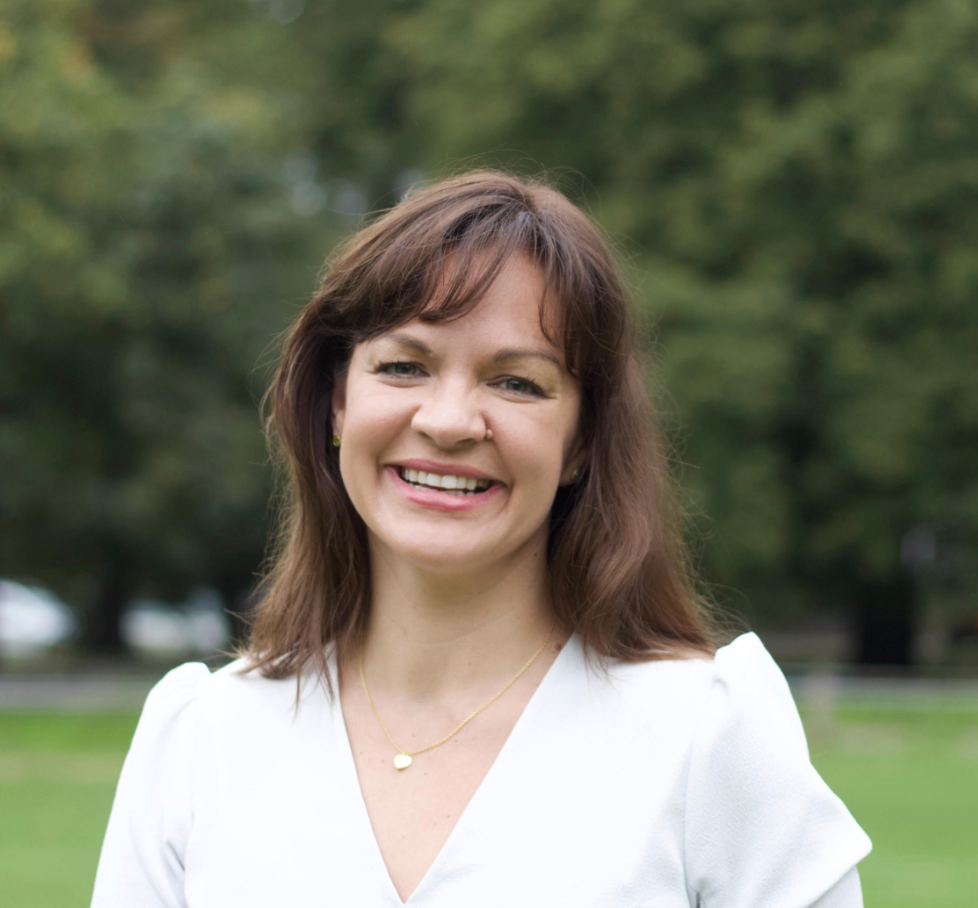WHO data published today shows that world leaders have missed all but one of the 2020 targets they set themselves to close national and global gaps in mental health support. The response of world governments has been to simply give themselves ten more years, to get to the same position by 2030 that they originally, back in 2013, set for 2020.
The chorus that has risen around mental health over recent years, from governments, businesses, high profile champions and brands, has lifted the hearts and hopes of campaigners and people who need support. Expectations were high as the WHO published its latest Atlas update on the state of global mental health, which includes how realities compare to the targets world leaders set their nations in 2013.
The rhetoric, that has built the expectations of the movement for mental health, has not converted into reality.
Though we find hope where there is progress.
More countries have policies, plans, programmes, prevention campaigns and laws to improve mental health. There are major and problematic gaps across all of these areas, but progress is progress.
Of the global targets set by world governments in 2013, only one was met. Suicide reduced across the world by 10% between 2013-2020 and the longer term goal has now been revised to a 30% reduction by 2030. Despite the challenging nature of the data collection and analysis, the trend is clear across the full range of countries regardless of income or other factors. Progress is possible.
Yet, there is a lot to be done to prevent suicide,which is not yet being done systematically around the world. We should both grasp this change and double our efforts to rapidly reduce the tragic loss of personal and social potential this data represents.
Government and public health leaders should be cautious before claiming credit for this isolated area of global progress. The failure to meet other targets, such as public investment in services, increasing trained mental healthcare workers andalignment with human rights laws, suggests that the reduction in suicides may be related to other work.
The peer support networks, text and online crisis support and awareness campaigns and other innovations saving lives day-in day-out, are run mostly by charities and campaigners. They often rely on the support of individual goodwill, philanthropy and business to fill the gap left by governments.
We could more accurately analyse and identifywhat is working to reduce suicide and why, if this WHO global mental health review was broadened to include the full spectrum of work taking place across countries, communities, and the private sector.
Governments failed to meet all but one goal they set themselves to improve global mental health between 2013-2020. This failure is primarily down to not providing the adequate resources to deliverwell-intentioned plans, as well as the ongoing and significant gaps in support that mirror the inequality between and within countries.
Government spending on mental health remains unchanged at around 2% of health expenditure, with only 25% of countries integrating mental health into primary health care, well short of the 80% target. The result is that the increase in government plans has not led to an equal increase in new or improved services or support.
Massive inequalities remain between the resources, services and support for mental health between high and low income countries. The number of mental health workers is 40 times higher in Europe than in Africa and 20 times higher than in South-East Asia, despite three-quarters of mental health conditions being experienced in low and middle income countries. Between 50-70% of people in less wealthy countries have to pay for the services and medication, compared to just 2% in higher income nations.
The situation is starker still when you consider that this data was gathered before COVID19 exacerbated mental health pressures and inequalities across the world, particularly among those already marginalised and vulnerable. In 2020 the WHO reported that 83% of countries had either stopped or disrupted the mental services that were in place.
We are approaching October 10th, World Mental Health Day, which is our annual day to come together as a global movement for mental health,to take stock of the progress that has been achieved and plan next steps.
The WHO data shows that we cannot be complacent about governments matching rhetoric with action. We must help global and national campaigners keep the pressure on leaders to deliver against these global targets and beyond, and to commit to doing so well before their extended 2030 deadline.
We must also go further to knit together state efforts with the campaigners, carers, experts by experience, grassroots entrepreneurs, businesses, philanthropists, volunteers and supportive public that form the fabric of mental health support and advocacy in our communities. Strengthening and smoothing these connections is how we will see the greatest, fastest change, and future data should reflect this wider social approach to improving mental health.
For businesses and brands that want to support the movement for mental health, this means finding a way to support government and public bodies, through investment and in-kind support.
Through this coordinated combination of energy and effort we will find new approaches. Likebringing together confidential data to enable prediction and targeted prevention or reduction of problems at the earliest possible stage.
The WHO has called for collective global commitment over the next ten years to massive investment in expanding efforts related to policies, laws, programmes and services. Experience shows us that we cannot rely solely on governments and this renewed effort must combine the power of business, philanthropy and every part of our communities.


